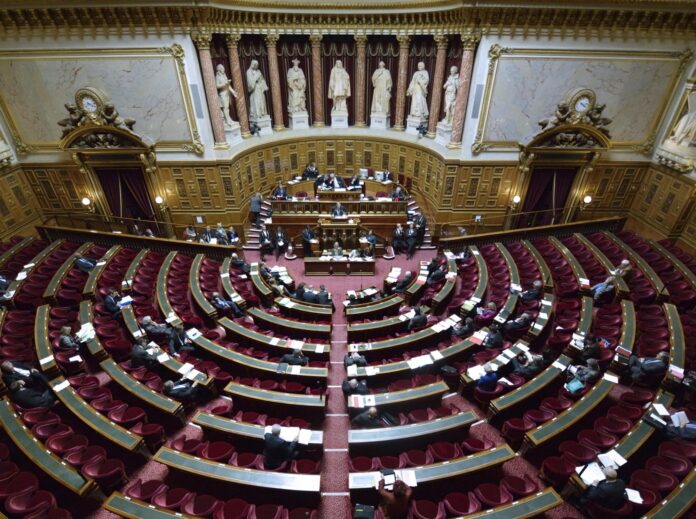The endless debates surrounding the pension reform ended in chaos and anger on Thursday March 16. While the government of Elisabeth Borne, as well as the Head of State, had affirmed that they would go as far as the decisive vote in the National Assembly, the Prime Minister took everyone by surprise by announcing the use of section 49.3. A decision that plunged the French into complete exasperation while wild demonstrations were immediately organized in the streets of Paris and other cities in France. While the Constitutional Council must now examine the text, does it have the possibility of challenging certain elements of the reform?
This is the 11th time that the Prime Minister, Elisabeth Borne, has used article 49.3 since her arrival at Matignon in May 2022. Before her, Michel Rocard, Prime Minister in 1988 and 1991, had played the 49.3 card to 28 covers for 13 different texts. As a reminder, article 49.3 of the French Constitution allows the Prime Minister “to engage the responsibility of the government before the National Assembly on the vote of a finance bill or the financing of social security”.
Faced with the total mobilization of the French, the unions and the opposition to counter this pension reform, the choice made by the government thus remains far from appeasing the spirits. In a message from the Elysée sent to AFP, the President of the Republic, Emmanuel Macron, hoped that the pension reform “can go to the end of its democratic journey with respect for all”. He also reaffirmed “the mobilization of the government so that everything is implemented” to “protect” the parliamentarians threatened by opponents of the reform.
Despite this forced passage of the government, the opposition continues to hope for a withdrawal from the reform thanks to various means of struggle. If the social movement initiated by the unions does not weaken, all eyes are now on the two motions of censure tabled.
One of them was proposed by the National Rally and the other by the group Libertés, Independents Overseas and Territories (Liot). They must therefore be studied this Monday in the National Assembly and, in the event that one of them is adopted, the government should automatically resign.
If the government is not called into question by one of the two motions of censure, the text will be submitted to the Constitutional Council. Article 61 of the fundamental law thus provides for this study before the promulgation of the laws. The Constitutional Council may therefore challenge certain measures such as the unconstitutionality of the provisions put in place for the senior index.
Thus, censorship could hit this tool aimed at examining the employment of seniors in companies with more than 300 employees. It is also possible for the Constitutional Council to examine the use of Article 49.3. Indeed, since the constitutional reform of July 23, 2008, this article “has never been mobilized on an amending law”, as Jean-Philippe Derosier, professor of public law at the University of Lille, recalls in Merci pour l info. What evoke and question an unfounded use of this controversial article.















